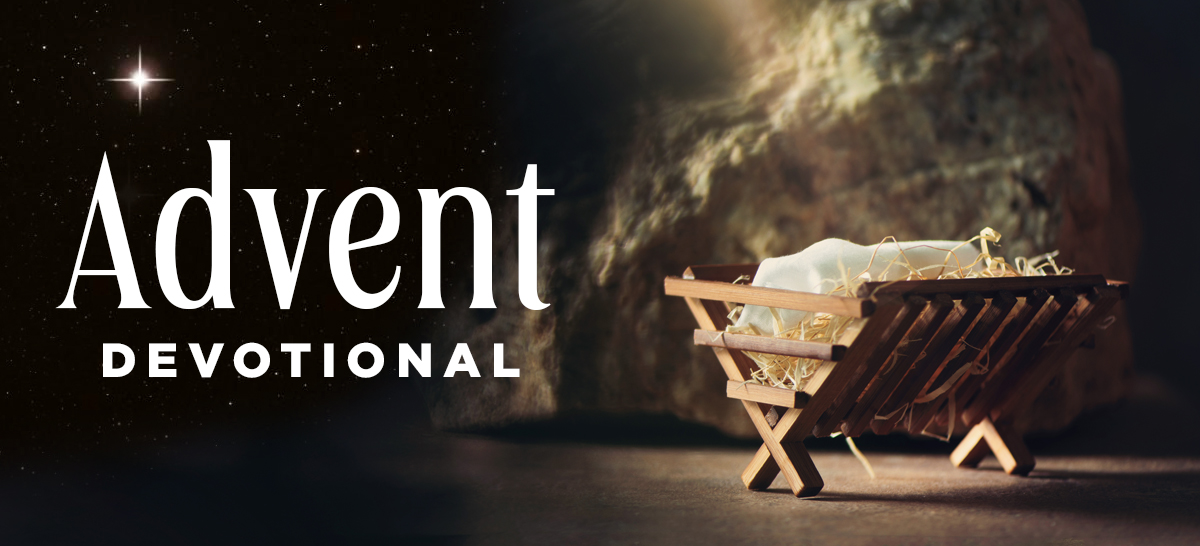Psalms 8:1-9 (ESV)
O Lord, our Lord, how majestic is your name in all the earth! You have set your glory above the heavens. Out of the mouth of babes and infants, you have established strength because of your foes, to still the enemy and the avenger. When I look at your heavens, the work of your fingers, the moon and the stars, which you have set in place, what is man that you are mindful of him, and the son of man that you care for him? Yet you have made him a little lower than the heavenly beings and crowned him with glory and honor. You have given him dominion over the works of your hands; you have put all things under his feet, all sheep and oxen, and also the beasts of the field, the birds of the heavens, and the fish of the sea, whatever passes along the paths of the seas. O Lord, our Lord, how majestic is your name in all the earth!
Once again, the Psalmist, at least 1,000 years before Christ’s birth, foretells of the coming Messiah:
But this refers, in a particular manner, to Jesus Christ. Of him we are taught to expound it, Hebrews 2:6-8, where the apostle, to prove the sovereign dominion of Christ both in heaven and in earth, shows that he is that man, that son of man, here spoken of, whom God has crowned with glory and honor and made to have dominion over the works of his hands. And it is certain that the greatest favor that ever was shown to the human race, and the greatest honor that ever was put upon the human nature, were exemplified in the incarnation and exaltation of the Lord Jesus; these far exceed the favors and honors done us by creation and providence, though they also are great and far more than we deserve. We have reason humbly to value ourselves by it and thankfully to admire the grace of God in it,
(1.) That Jesus Christ assumed the nature of man, and, in that nature, humbled himself. He became the Son of man, a partaker of flesh and blood; being so, God visited him, which some apply to his sufferings for us, for it is said (Hebrews 2:9); for the suffering of death, a visitation in wrath, he was crowned with glory and honor. God visited him; having laid upon him the iniquity of us all, he reckoned with him for it, visited him with a rod and with stripes, that we by them might be healed. He was, for a little while (so the apostle interprets it), made lower than the angels, when he took upon him the form of a servant and made himself of no reputation.
(2.) That, in that nature, he is exalted to be Lord of all. God the Father exalted him, because he had humbled himself, crowned him with glory and honor, the glory which he had with him before the worlds were, set not only the head of the church, but head over all things to the church, and gave all things into his hand, entrusted him with the administration of the kingdom of providence in conjunction with and subserviency to the kingdom of grace. All the creatures are put under his feet; and, even in the days of his flesh, he gave some specimens of his power over them, as when he commanded the winds and the seas, and appointed a fish to pay his tribute. With good reason therefore does the psalmist conclude as he began, Lord, how excellent is thy name in all the earth, which has been honored with the presence of the Redeemer, and is still enlightened by his gospel and governed by his wisdom and power! In singing this and praying it over, though we must not forget to acknowledge, with suitable affections, God’s common favors to mankind, particularly in the serviceableness of the inferior creatures to us, yet we must especially set ourselves to give glory to our Lord Jesus, by confessing that he is Lord, submitting to him as our Lord, and waiting till we see all things put under him and all his enemies made his footstool.
—Matthew Henry’s Commentary
When you look ahead to baby Jesus in the manger, do you recognize that the heavens, the sun, moon and stars, are the work of His fingers?

